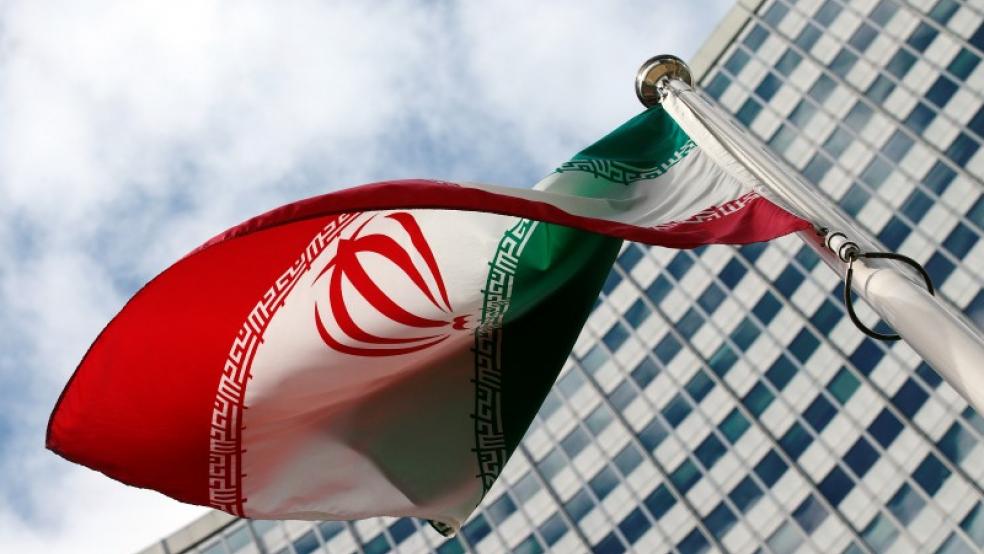The aftermath of the nuclear agreement that the U.S. and other world powers struck with Iran over the summer has been confusing at best, with charges and counter-charges claiming that the participants have violated its terms or operated in bad faith. On Wednesday, things got even stranger, with the report in The Wall Street Journal that the U.S. Treasury Department is preparing sanctions against businesses and individuals that have supported Iran’s development of ballistic missiles.
The news came less than 48 hours after it was reported that the Iranian government had, on Monday, handed over 25,000 pounds of uranium that had been enriched to low levels, leaving the Islamic Republic less nuclear material than it would need to construct a single bomb. The material was placed aboard a Russian ship – Moscow was a key player in the negotiation that led to the treaty – and taken beyond the reach of Tehran.
Related: Stealth Wars – China Rolls Out a New J-20, Another Knockoff Fighter
Secretary of State John Kerry called the removal of the uranium “one of the most significant steps Iran has taken toward fulfilling its commitment.”
However, there has been little good news related to the relationship between Iran and the U.S. in the wake of the nuclear agreement. The whole point of the exercise, from Iran’s perspective, was to get crippling international sanctions against the government in Tehran and again Iranian companies lifted, allowing the country to participate in the global economy once again.
The fact that the U.S. appears to be considering additional sanctions will undoubtedly provoke anger from both political leaders in Iran and their ultimate bosses, the mullahs.
For its part, the Obama administration did not immediately apply additional sanctions to Iran after ballistic missile launches in July and October. However, last month a United Nations committee ruled that the October launch violated a Security Council-imposed ban on Iran developing its missile program further.
Related: The Sayings of Chairman Vlad: Putin’s Words of Wisdom Published in Russia
Furthermore, over the weekend, five ships belonging to the Iranian Revolutionary Guard reportedly approached a U.S. aircraft carrier in the Persian Gulf and, while within 1,500 yards of the ship, launched a number of missiles at an undetermined target.
The sanctions that the Treasury is believed to be preparing will affect Mabrooka Trading, a United Arab Emirates-based company that the U.S. claims has helped Iran continue with its missile program. It will also impact the company’s Hong Kong subsidiary, and its owner.
Also targeted are employees of the Iranian Ministry of Defense for Armed Forces Logistics. If implemented, the sanctions would bar U.S. citizens from doing business with people and companies named on the list and would require U.S. banks to freeze any of their assets in the U.S. financial system.
The sanctions will not be the first thing to challenge the strength of the nuclear deal reached earlier this year. But the fact that it strikes so close to Iran’s goal in participating in the deal in the first place – sanctions relief – makes it possible that Tehran’s reaction to this decision will be more dramatic than expected.





